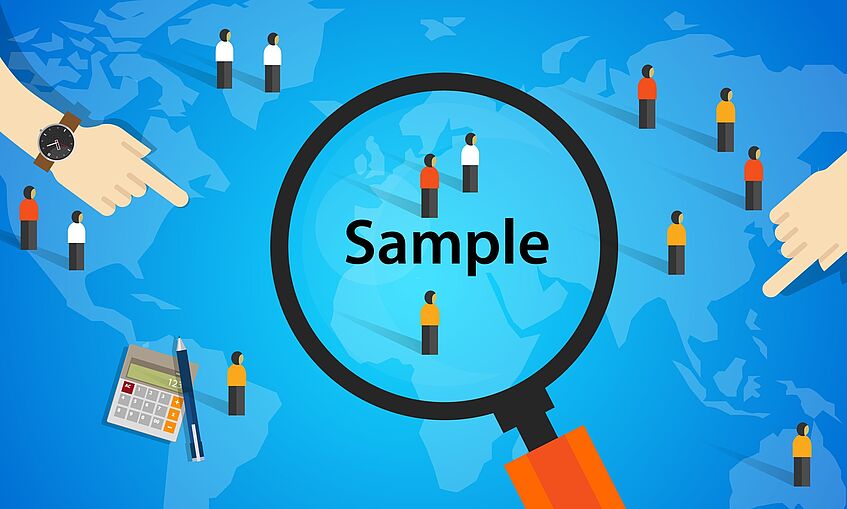Qualitative Research in International Business
Qualitative research (e.g. case study, interviews, ethnography, visual inquiry) permits to analyze events “from the inside out”, allowing a conceptualization from the standpoints of the actors at work. Qualitative research, with its emphasis on precise and ‘thick’ descriptions, captures the complex nature of rich life experiences and yields a nuanced understanding of social realities, drawing attention to processes, meaning patterns and structural features.
In the field of International Business, qualitative research is thus appropriate for opening the “black box” of organisational processes, helping to explore “how” and “why” firms internationalise. Qualitative studies indeed play a critical role to interpret and understand in depth the complex plurality of contexts- e.g. spatial, temporal, cultural, institutional, geographic and economic – that organisations encounter when operating beyond domestic borders. It is interesting to explore on how qualitative research can move the field of International Business forward by building, enriching and testing relevant theories.

Hoorani, B. H., Plakoyiannaki, E., and Gibbert, M. (2023). Understanding time in qualitative international business research: Towards four styles of temporal theorizing. Journal of World Business, 58(1). doi.org/10.1016/j.jwb.2022.101369
- Plakoyiannaki, E., Wei, T., and Prashantham, S. (2019). Rethinking qualitative scholarship in emerging markets: Researching, theorizing, and reporting. Management and Organization Review, 15(2), 217-234. doi.org/10.1017/mor.2019.27
-
Ji, J., Plakoyiannaki, E., Dimitratos P., and Chen, S. (2019). The qualitative case study research in international entrepreneurship: A state of the art and analysis. International Marketing Review, 36(1), 164-187. doi.org/10.1108/IMR-02-2017-0052
-
Fletcher, M., Zhao, Y., Plakoyiannaki, E., and Buck, T. (2018). Three pathways to case selection in international business: A twenty-year review, analysis and synthesis. International Business Review, 27(4), 755-766. doi.org/10.1016/j.ibusrev.2017.12.004
-
Leppäaho, T., Plakoyiannaki, E., and Dimitratos, P. (2015). The case study in family business: An analysis of current research practices and recommendations. Family Business Review, 29(2), 159-173. doi.org/10.1177/0894486515614157
-
Poulis, K., Poulis, E., and Plakoyiannaki, E. (2013). The role of context in case study selection: An international business perspective. International Business Review, 22(1), 304-314. doi.org/10.1016/j.ibusrev.2012.04.003
-
Welch, C., Plakoyiannaki, E., Piekkari, R., and Paavilainen-Mäntymäki, E. (2013). Legitimizing diverse uses for qualitative research: A rhetorical analysis of two management journals. International Journal of Management Reviews, 15(2), 245-264. doi.org/10.1111/ijmr.12001
-
Michailova, S., Piekkari, R., Plakoyiannaki, E., Ritvala, T., Mihailova, I., and Salmi, A. (2014). Breaking the silence about exiting fieldwork: A relational approach and its implications for theorizing. Academy of Management Review, 39(2), 138-161. doi.org/10.5465/amr.2011.0403
-
Welch C., Piekkari R., Plakoyiannaki E., and Paavilainen-Mäntymäki E. (2011). Theorising from case studies: Towards a pluralist future for international business research. Journal of International Business Studies, 42(5), 740-762. doi.org/10.1057/jibs.2010.55
-
Piekkari, R., Plakoyiannaki, E., and Welch, C. (2010). ‘Good’ case research in industrial marketing: Insights from research practice. Industrial Marketing Management, 39(1), 109-117. doi.org/10.1016/j.indmarman.2008.04.017
